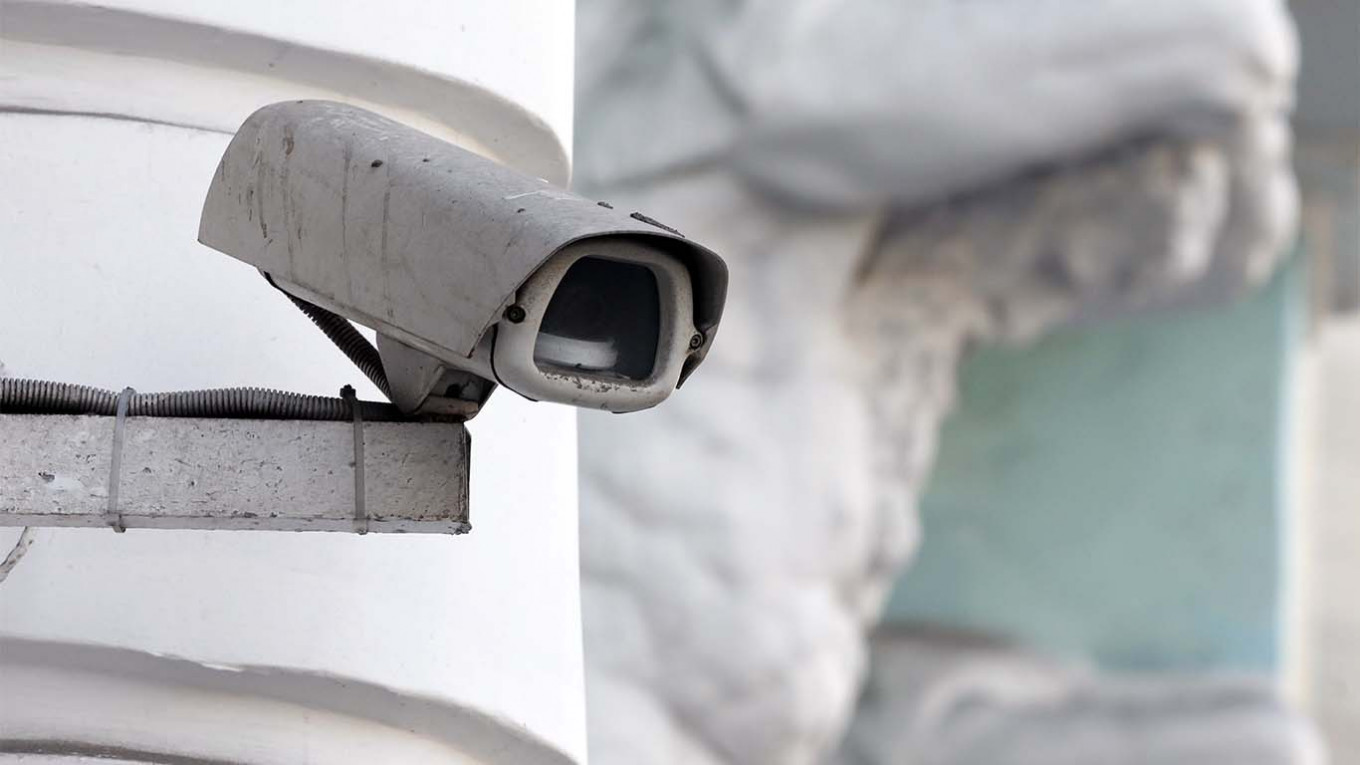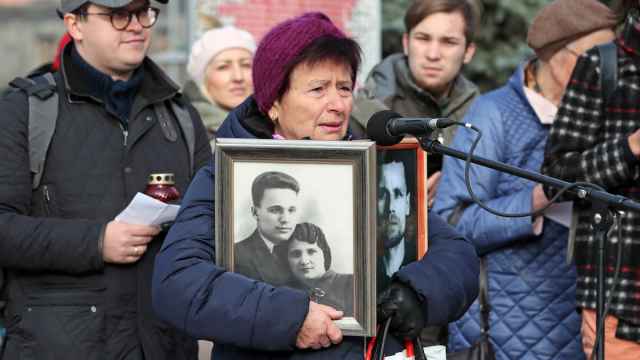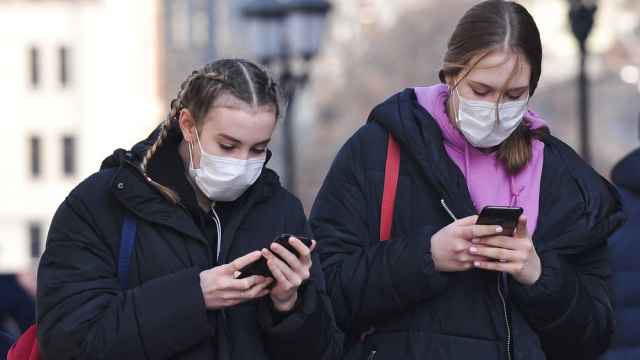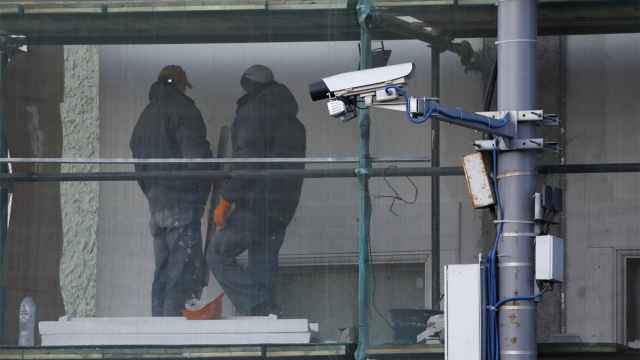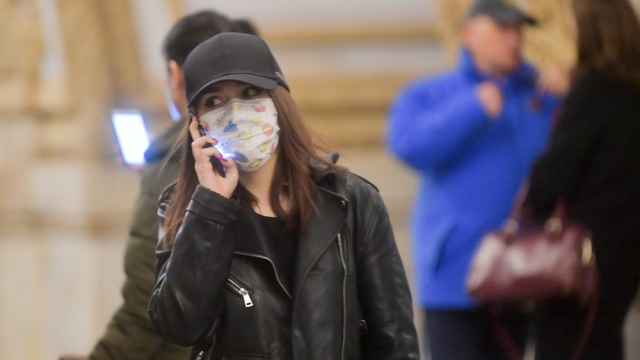Russian authorities’ massive surveillance campaign rolled out during the coronavirus pandemic could easily be used to monitor civilians in the future, research by the Agora human rights group said Thursday.
During the pandemic, the authorities have collected arriving citizens’ personal data; introduced pass systems that limited movement and violated citizens’ rights; and conducted video surveillance with facial recognition capabilities, the report's authors say. Other forms of rights violations include delegating police functions to private entities and nationwide geo-tracking that was prone to embarrassing leaks.
The methods “immerse us into the ‘brave new world’ of total surveillance,” said Damir Gainutdinov, co-author of the “Surveillance Pandemic” research.
Moscow and the surrounding Moscow region, as well as the less-populated republic of Bashkortostan and the Primorye region, ranked highest among Russia's federal subjects for the amount of surveillance they carried out on residents.
Security experts warned during the early stages of Covid-19 restrictions in early spring that Russia and Moscow in particular intend to keep the surveillance toolkit in use until long after the outbreak subsides.
Activists have been almost universally unsuccessful in challenging the surveillance and other restrictions in court.
“In future ‘emergencies’ that can be declared under any circumstances — from a new pandemic or manmade disaster to mass protests — the experience and resources accumulated during the quarantine will allow the rapid deployment of close surveillance,” Agora said.
“Moreover, it turns out the authorities don’t even need to declare an emergency” to limit rights, the group added.
A Message from The Moscow Times:
Dear readers,
We are facing unprecedented challenges. Russia's Prosecutor General's Office has designated The Moscow Times as an "undesirable" organization, criminalizing our work and putting our staff at risk of prosecution. This follows our earlier unjust labeling as a "foreign agent."
These actions are direct attempts to silence independent journalism in Russia. The authorities claim our work "discredits the decisions of the Russian leadership." We see things differently: we strive to provide accurate, unbiased reporting on Russia.
We, the journalists of The Moscow Times, refuse to be silenced. But to continue our work, we need your help.
Your support, no matter how small, makes a world of difference. If you can, please support us monthly starting from just $2. It's quick to set up, and every contribution makes a significant impact.
By supporting The Moscow Times, you're defending open, independent journalism in the face of repression. Thank you for standing with us.
Remind me later.


